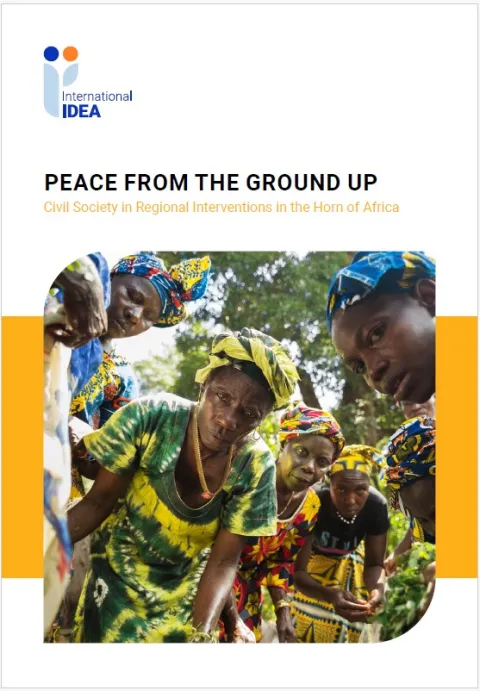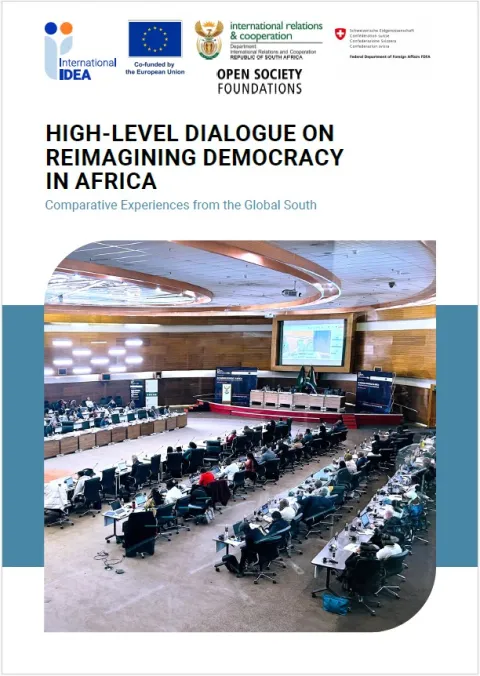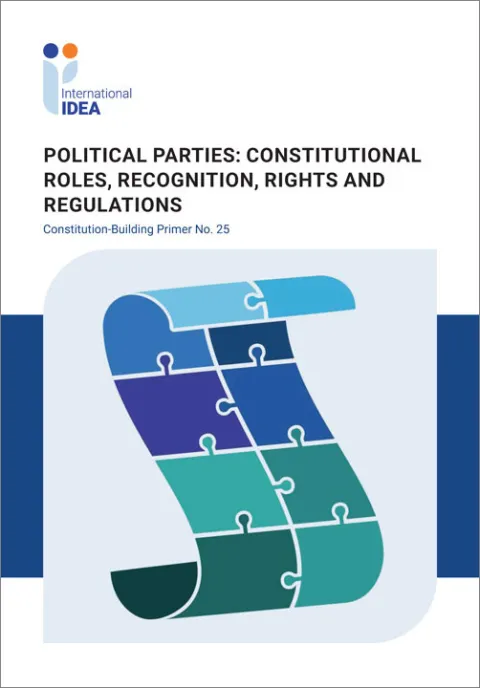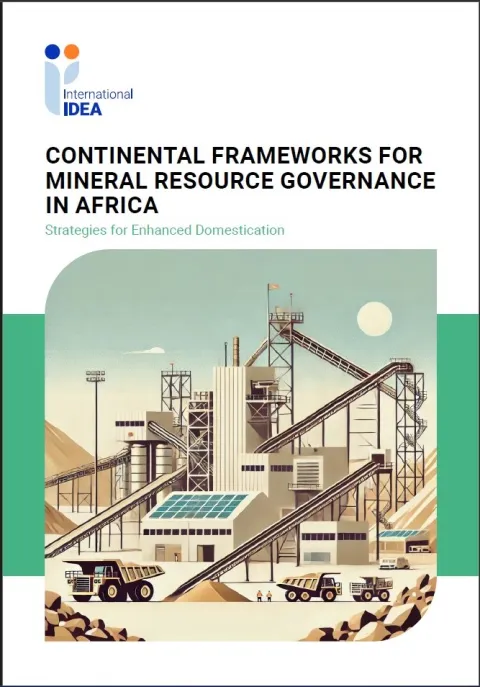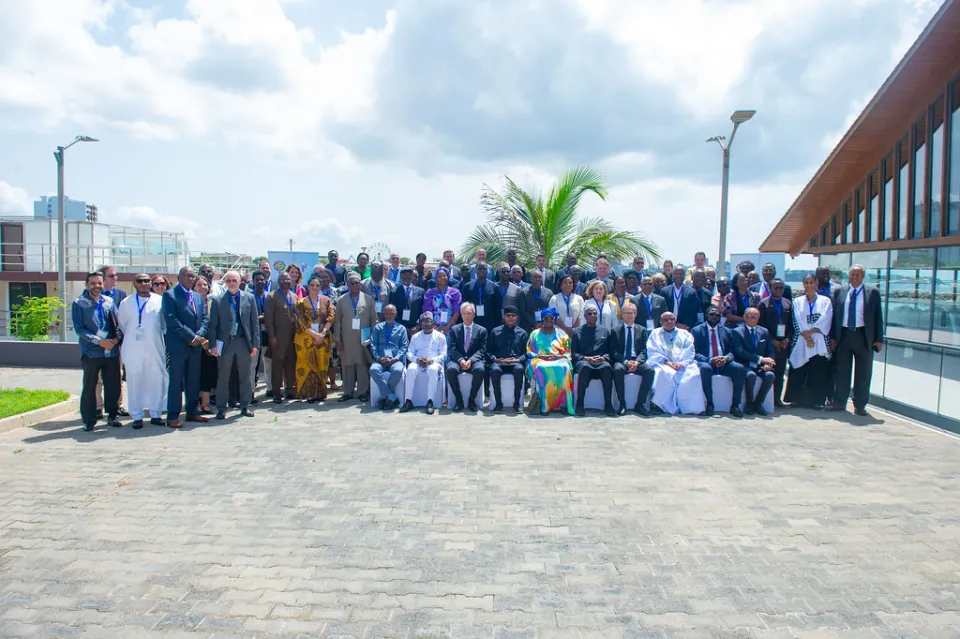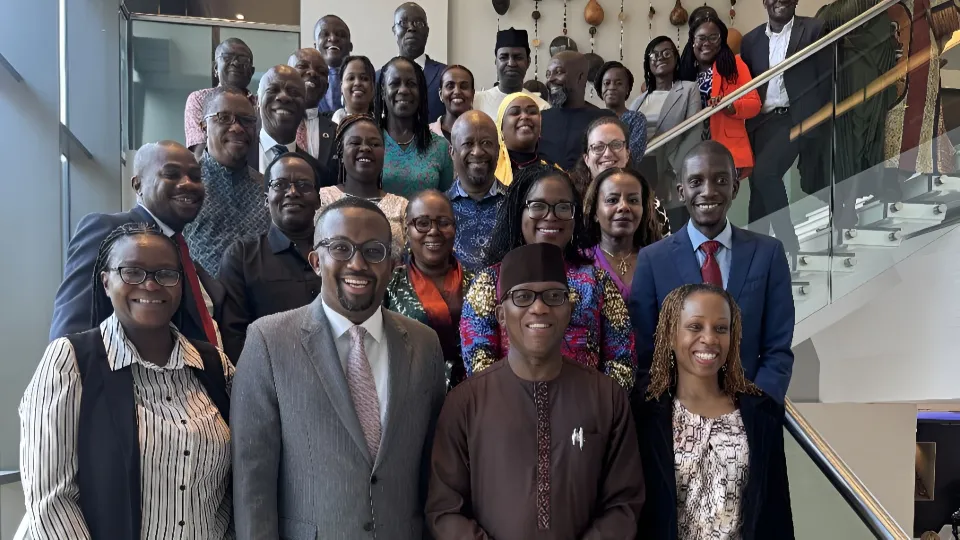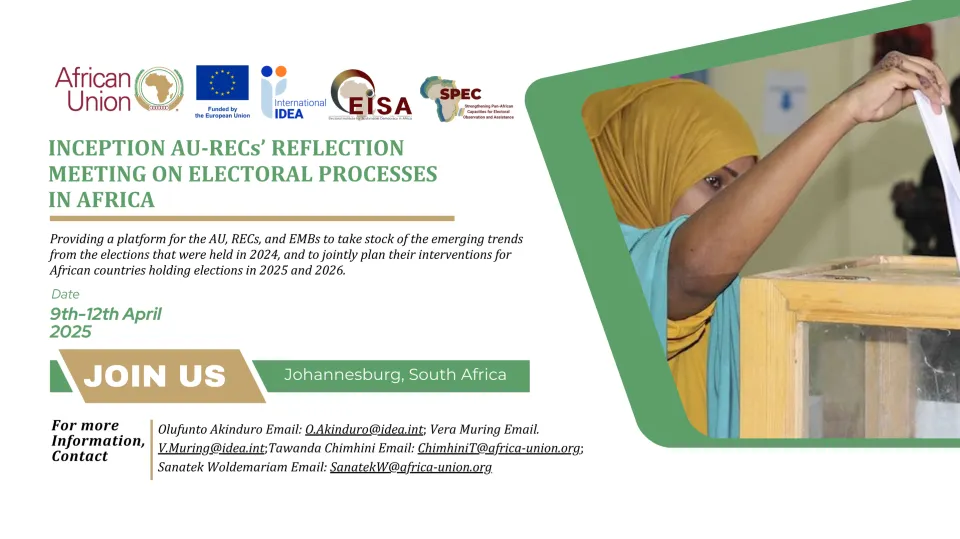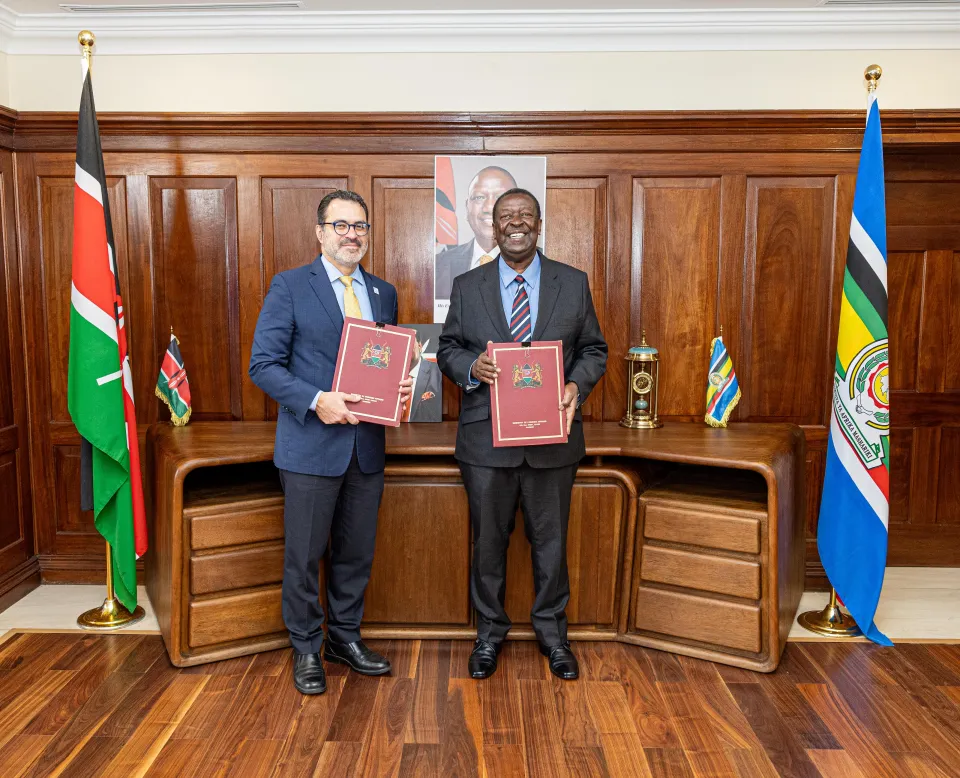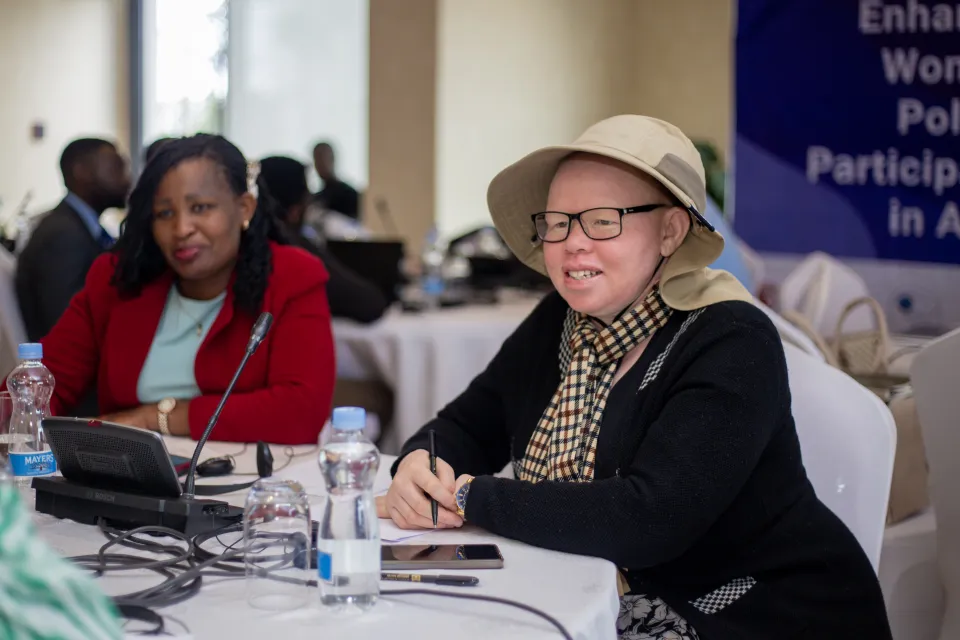Political Parties in Southern Africa: The State of Parties and their Role in Democratization
Political parties are the heart of politics in a representative democracy. However, parties also have the potential to become a political liability to democracy. Whether political parties prove to be an asset or a liability depends crucially, among other things, on the context within which they operate, their mode of internal governance and how they respond to external political stimuli.
While the democratic transition from one-party to multiparty democratic systems in the Southern African Development Community (SADC) region since the 1990s is to be celebrated, the region is still a long way from being able to celebrate an institutionalized culture of intra-party democracy.
This study provides a regional overview of the role and effectiveness of political parties in the processes both of transition and of the institutionalization of democratic governance in Southern Africa. It summarizes research and interviews with political party leaderships covering 12 SADC countries: Angola, Botswana, the DRC, Lesotho, Malawi, Mauritius, Mozambique, Namibia, South Africa, Swaziland, Zambia and Zimbabwe.
Details
Contents
Methodology
Why political parties are essential for democracy: conceptual issues
From multiparty to one-party systems and back: an overview of historical and contemporary trends
The research findings
Overview and analysis of the individual countries
Overall conclusion
Recommendations
Acronyms and abbreviations
References and further reading
Give us feedback
Do you have a question or feedback about this publication? Leave us your feedback, and we’ll get back to you
Send feedbackPolitical Parties in Southern Africa: The State of Parties and their Role in Democratization
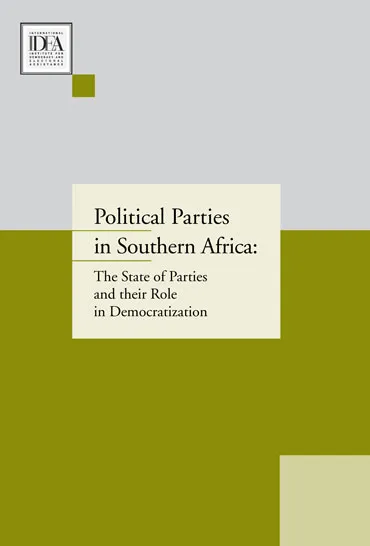
| Total views | 11364 |
|---|---|
| Downloads | 275 |
| Rating |
Give us feedback
Do you have a question or feedback about this publication? Leave us your feedback, and we’ll get back to you
Send feedback